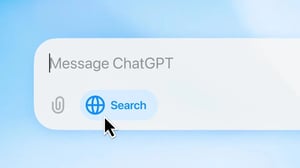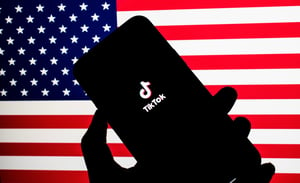
In a groundbreaking decision, a federal judge has ruled that Google illegally maintained a monopoly in online search, marking a significant victory for the U.S. Justice Department in its efforts to curb the power of Big Tech.
Judge Amit P. Mehta of the U.S. District Court for the District of Columbia declared on Monday, "Google is a monopolist, and it has acted as one to maintain its monopoly." The 277-page ruling found that Google violated antitrust law through restrictive contracts with phone makers and other practices that prevented rivals from competing on an even playing field.
The case, filed in 2020 under the Trump administration and brought to court by the Biden administration in September 2023, focused on Google's practice of paying billions of dollars annually to companies like Apple and Samsung to be the default search engine on smartphones and web browsers. Judge Mehta ruled that these agreements "have given Google access to scale that its rivals cannot match."
The decision is seen as the most significant antitrust ruling against a tech company since the Microsoft case over two decades ago. It could have far-reaching implications for other ongoing antitrust cases against tech giants such as Apple, Amazon, and Meta.
Attorney General Merrick Garland hailed the verdict as "a historic win for the American people," emphasizing that no company is above the law. The White House also praised the ruling, with Press Secretary Karine Jean-Pierre stating it vindicated the Biden-Harris administration's belief in a more competitive internet.
Google, however, plans to appeal the decision. Kent Walker, Google's president of global affairs, argued that the ruling "recognizes that Google offers the best search engine, but concludes that we shouldn't be allowed to make it easily available."
The court found that Google's monopoly allowed it to inflate prices for search ads, fueling its revenue growth and maintaining high operating profits. Judge Mehta criticized Google for discouraging employees from saving communications that could become evidence in court cases, though he declined to impose sanctions for this behavior.
The next phase of the case will determine remedies, which could potentially force Google to change its business practices or even divest parts of its operations. Antitrust experts have suggested various measures, from blocking Google's default placement payments to requiring direct consumer choice in search engines on new devices.
This ruling is expected to influence other ongoing antitrust cases against tech giants, including a separate Justice Department lawsuit against Google focusing on its advertising technology.
It marks a significant turning point in the government's efforts to regulate Big Tech and could impact the future of online search and the broader digital economy.
* The New York Times and The Washington Post contributed to this article.





























0 Comments